Nepal, a small and poor country sandwiched between two super states of India and China, is for some time in constant focus of the international media. Great powers ranging from the United States, the European Union and neighbouring India and China are seen expressing serious concerns at the developments inside this so far generally neglected country. What is the reason? At a time when people thought the era of communist revolution was over after the collapse of the Soviet Union and its East European satellites, a powerful Marxist-Leninist-Maoist movement has broken out since 1996 in this tiny Himalayan country. A small rebellion thought to have been initiated by a radical faction of the Communist Party of Nepal (CPN), christened as CPN (Maoist), has now engulfed the whole country and serious strategic observers are predicting that the rebellion might usher in the first revolutionary state of the twenty-first century. What is the objective and subjective basis of this epochal upheaval? Here is a book which probes from a historico-materialist perspective and substantiates with a load of statistical data why the country of Nepal caught in the quagmire of underdevelopment generated by the interplay of a set of endogenous and exogenous factors, needs a revolutionary repture from the past if it is to traverse the course of rapid progress and development in the twenty-first century. The book, The Nature of Underdevelopment and Regional Structure of Nepal: A Marxist Analysis, written by Dr. Baburam Bhattarai, one of the foremost intellectual personality of Nepal and a leading figure in the ongoing revolutionary movement in the country, should be a treasure to all academics, policy makers and general readers who are eager to know the inside story of the movement in Nepal from the most authentic and authoritative source. A brief “Foreword†from Com. Prachanda, Chairman of CPN (Maoist) and Supreme Commander of the movement, provides added authority to the greater significance of the book. Perhaps a first and complete Marxist interpretation of the Nepalese history and economy, accompanied by a wideranging survey of Marxist theory of development/underdevelopment and spatial articulation, the book should be a welcome addition to the literature of Marxist political economy.
Bengal Politics: Documents of the Raj 1940-43: (Vol. II)
This is the second volume of ...
$20.90
$22.00

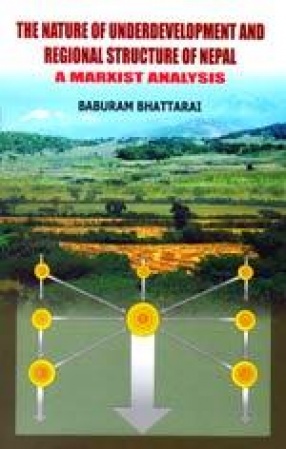
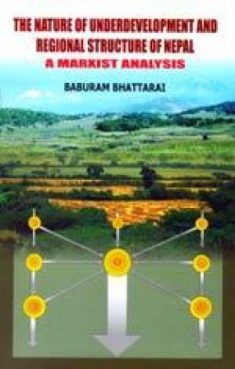
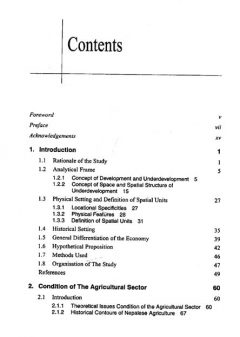
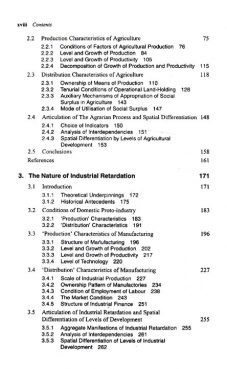

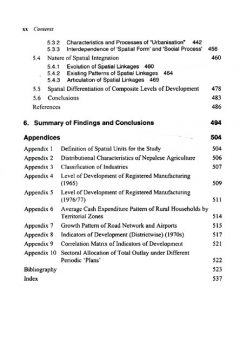



There are no reviews yet.